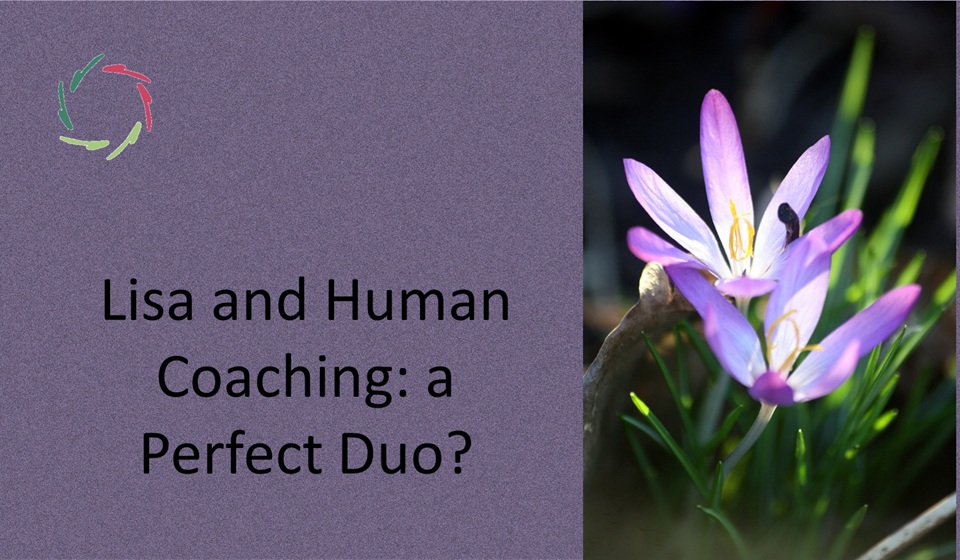Mental Change: How it Works

This is about any mental change, such as in coaching, psychotherapy, and leadership. It is simple and complex.
[see: “Complexity of Complexity“]
It works the way the brain works.
Insight into the mind-brain’s pattern recognition and completion is very telling. [see: “Your Mind-Brain, a Giant Pattern Recognizer“]
The brain continually changes. While you read this text, your brain changes in some direction. If you did something else, it would change in another direction. Am I, therefore, changing your brain right now? In a sense, yes.
Of course, I am at present not the only one with this influence, fortunately. ‘You’ influence how you let your brain be changed by me right now. Otherwise, I would be washing your brain, which I do not intend to.
To change (from inside) or be changed, an interesting question
A very pertinent question as to the title of this text. Any living organism resists change that does not come from inside. If meaningful change-from-outside (therefore, a ‘being-changed’) can be prevented, insofar it does not accord with inside needs, the organism will probably try to do so.
In mental change, such as in psychotherapy, one might call this ‘resistance.’ If the change-from-inside and the being-changed have overlapping grounds and goals, it’s OK. Otherwise: reckon with resistance.
The cause of this – the working mechanism even – is easily comprehensible when looking at the patterns-level. Change-from-outside provokes tension in the universe of brainy patterns. It pushes and tears at the present patterns which tend to migrate back to their original configuration.
What goes up must come down unless it goes up naturally.
With change really from inside – one or more patterns becoming different – other patterns naturally adjust. The whole ‘grows’ towards a new state that remains congruent with the organism. There is relatively little to no tension. Nature likes growth.
That is how mental change works.
This simple? That simple.
At least, to start with, principally. Mental change = brainy change = pattern change.
Of course, it’s somewhat schematic. The reality of it is immensely complex, qualitatively and quantitatively. The mind-brain is like a universe inside, with much depth involved. [see: “About Human Depth“]
This may be the essential finding towards human coaching (and psychotherapy). It is why the common factors are crucial. [see: “Psychotherapy vs. Psychotherapies“]
One theory says that common factors are mainly important towards diminishing resistance to mental change in therapy. This may accord with what you just read ― having more or less changed you. In my view, the resistance part is one side of the medal. The other side is at least as interesting.
Common factors are door openers.
They not only prevent closed doors. They also invite you to go to other rooms, other mental spaces. They may even be carriers to the other side. But remember: The giant pattern recognizer resists this if it experiences the happening as coercion. Thus, common factors are most effective if they act in congruent ways.
That is, in coaching language, if the coach is congruent. Simultaneously, the coach needs to ‘be himself,’ to act with inner strength. Otherwise, there is no carrying, no invitation, and also no change.
So, being oneself as a total person and moving-together with the client is a good coach’s job. It is a fascinating job in which both sides can learn much at every encounter.
It is the job of being professionally empathic.
[see: “Landscape of Empathy“]
Techniques (as in psychotherapeutic models) can be part of this if they are used in ways that are sufficiently congruent with the whole of at least two persons.
The future will tell to what degree they heighten efficiency in mental change.
But even so, the most important factor may for always be empathy, being way more complex and way more efficient than is generally thought.


